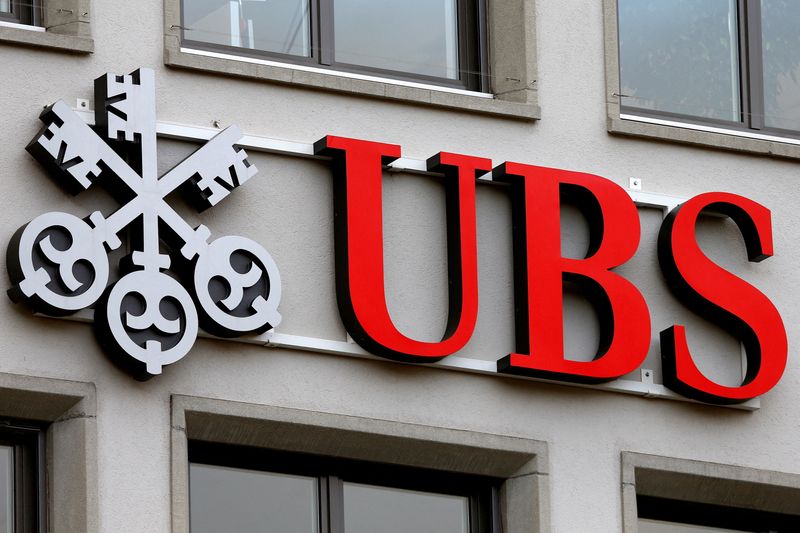UBS raises S&P 500 forecast to 6,200 as trade tensions ease

UBS Global Wealth Management has raised its 2025 target for the S&P 500 to 6,200 from 6,000, citing higher expectations for corporate earnings growth and improved market sentiment amid easing geopolitical and trade risks.
UBS's new target implies an increase of about 1% from the benchmark index's most recent close of 6,141.02.
The move comes as US markets recover from a sharp correction triggered by concerns over tariffs and the Trump administration's trade policies earlier this year. Trade tensions between the US and several major partners including China, the EU and Canada have eased in recent weeks, helping investors' risk appetite gradually return.
Earnings growth is the main catalyst
In a report released on Thursday, UBS stressed that:
“We believe the current recovery is reasonable, with most large-cap companies showing good resilience to the impact of tariffs.”
The Swiss bank also raised its EPS (earnings per share) forecast for the S&P 500 index this year from $260 to $265, while maintaining a “neutral” view on US stocks.
UBS said it expects the second-quarter earnings season to continue to show strong resilience, especially as expansionary fiscal policy could boost corporate cash flows – supporting share buybacks or expansionary investments.
Medium-term target revised up
Along with the 2025 target adjustment, UBS also raised its mid-2026 forecast for the S&P 500 from 6,400 to 6,500, and its EPS forecast from $280 to $285.
“The good news is that we expect economic growth and inflation to improve later in the year as the impact of the tariffs is gradually absorbed,” UBS added.
Other major financial institutions such as Citigroup and Barclays also raised their S&P 500 forecasts this month, further reinforcing the view that the US stock market is entering a period of stability and more sustainable growth after the volatility at the beginning of the year.
A warning from the market?
Despite the positive outlook, UBS maintains a cautious stance, saying that factors such as persistent inflation, the Fed's monetary policy, and political uncertainty ahead of the 2026 US election could still impact market developments in the short term.
